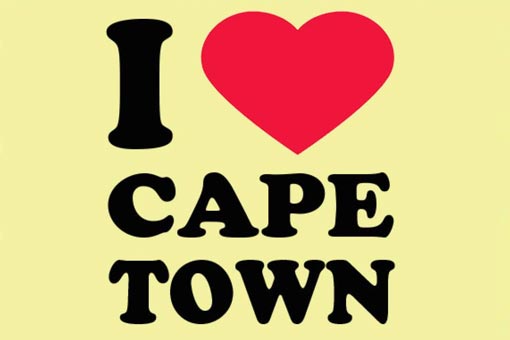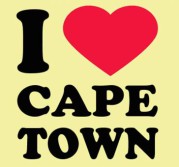 Any region or city throughout the world has that which makes it unique among others. It could be architecture, setting, or style of clothing. The most common element, that is unique among regions or cities, is culture, and through culture, language. When it comes to the city of Cape Town, this is especially so with Capetonians’ vocabulary being littered with slang.
Any region or city throughout the world has that which makes it unique among others. It could be architecture, setting, or style of clothing. The most common element, that is unique among regions or cities, is culture, and through culture, language. When it comes to the city of Cape Town, this is especially so with Capetonians’ vocabulary being littered with slang.
Slang in the Cape is so common amongst the various languages of South Africa, that it has practically become a language on its own. Any conversation with a native of the Cape is bound to feature more than just one example of Cape slang. For visitors to the Cape, this might be a stumbling block because when it comes to slang, there is no established dictionary that would help.
But fear not, right here we have some of the most common slang terms which we will explain to you. They are some of the most common which you will hear during your time in and around the Mother City.
Bakkie (Buck-ee) – Generally refers to a pickup truck: ‘You can catch a ride in the back of my bakkie’. It is also used by some people to refer to a bowl: ‘Can I take some of the food with me in a bakkie please?’
Bergie (Bear-ghee) – This is what homeless people are known as in the Cape: ‘I encountered a bergie at the robots, so I gave her some change that I had on me.’
Biltong (Bill-tong) – This is a famous delicacy in South Africa. It is a dried and cured meat, usually cut into strips. It has been compared to the American jerky, but the method of its production differs to that of the American variant.
Braai (Br-eye) – This is the South African word for barbecue. It is a word that isn’t just used in the Cape, but throughout the country of South Africa. Since this word is firmly planted in South African tradition, it’s a word you might hear often, especially in the summer.
Eish (Aysh) – This term is an exclamation; an expression of surprise, frustration, wonder or outrage: ‘Eish, traffic was heavy this morning!’
Howzit (Pronounced exactly as ‘How’s it’) – This is the South African way of saying hello. While it sounds like the question ‘How’s it going’, this term is usually used solely as a greeting. Make sure that when you’re speaking to a local, not to answer what you think is a question.
Ja (Yah) – This is the Afrikaans word for ‘yes’. It’s a fairly common word among Capetonians, even among those who favour English.
Kombi – This bit of Cape slang is easily pronounced. Its spelling reflects its phonetics. This is the word in Cape Town for the most commonly used taxi service used in South Africa. A kombi is a minibus and the word came into use because of the Volkswagen minibus – the German Kombiwagen since VW minibuses were the first to be used by the taxi service in its early stages.
Lekker (Lek-kah) – It basically means ‘nice’. You will find locals commonly use this word to refer to a good time which they experienced or some tasty dish they had sampled.
Robot (pronounced the same as in English) – This refers to traffic lights. If you happen to be driving to a friend’s place and are following directions, when you hear ‘turn right at the robots’, it means that you should turn right at the traffic lights.
Now that you know considerably more about slang in the Cape, you’re better equipped to go exploring in and around Cape Town, and make new friends and memories to take home with you at the end of your vacation.


 South Africa
South Africa United Kingdom
United Kingdom U.S.A
U.S.A Australia
Australia